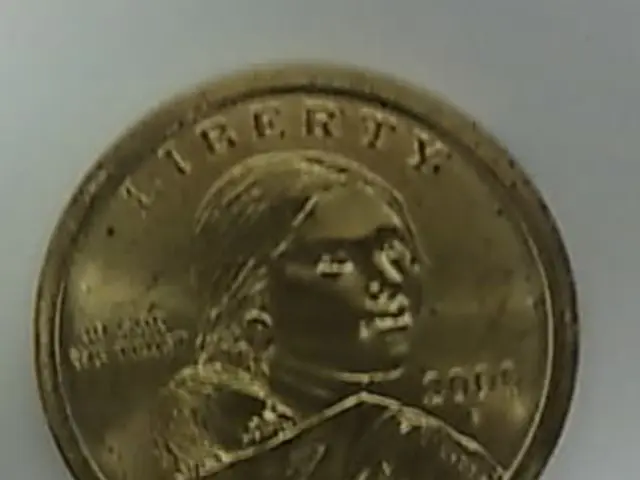Steering the African-American Civil Rights Agenda: Pivotal Figures in the Progressive Era
Black Americans on the Brink of a New Era at the Turn of the Millennium
As the new century dawned, the struggle for racial justice grazed streets of industrial America. Leading voices, now known as muckrakers, exposed the grim realities of urban life, advocating for reform. However, the plight of African Americans, then referred to as Negroes, often fell on deaf ears. Despite the Progressive Movement's successes, it failed to acknowledge the struggles faced by the African-American community.
Among those who stood against racial injustice were W.E.B. Du Bois, Booker T. Washington, and Marcus Garvey. These individuals served as the guiding forces within the African-American community, offering contrasting visions for a brighter future.
Booker T. Washington
A former slave, Booker T. Washington was a trailblazer who championed the cause of self-reliance and education for African Americans. Through his co-founding of the Tuskegee Institute, he emphasized industrial and agricultural training, which provided the black community with crucial skills needed to thrive economically.
Washington's famous Atlanta Compromise in 1895 urged African Americans to temporarily accept segregation in exchange for opportunities and education. Critics like W.E.B. Du Bois viewed this compromise as a concession that hindered the pursuit of equal rights. Despite the discord, Washington's approach won support from whites and blacks alike, shaping the growth and support of institutions for African Americans during this period [1][2][3].
W.E.B. Du Bois
A renowned sociologist and author, W.E.B. Du Bois was a vocal champion for full civil rights and equal opportunities for African Americans. In his iconic book "The Souls of Black Folk," Du Bois criticized Washington's compromise strategy, arguing that it perpetuated racial oppression rather than conquering it. His belief in the power of academic and intellectual development for African Americans served as a cornerstone for the fight against racial injustice.
Du Bois's involvement with the NAACP and his writings had a significant impact on the intellectual and political landscape of the civil rights movement [1][2][4]. Despite differences with Washington, both men played influential roles in shaping the African-American struggle for equality during the Progressive Era.
Marcus Garvey
Originating after the Progressive Era, Marcus Garvey's influence on the civil rights movement extended beyond this timeframe. An ardent proponent of black nationalism and self-determination, Garvey advocated for African Americans to embrace their rich heritage and establish their own institutions. The "Back to Africa" movement he spearheaded instilled feelings of pride and unity within the black community.
Although his peak influence occurred in the 1920s, Garvey set the foundation for future black nationalist movements that continued to resonate in civil rights discussions [5]. Although not directly associated with the Progressive Era, his ideas contributed to the ongoing discourse regarding racial equality.
In conclusion, the Progressive Era saw the emergence of key figures in the African-American civil rights movement—individuals whose goals ranged from economic independence to the pursuit of immediate action to eradicate segregation. The legacies of Booker T. Washington, W.E.B. Du Bois, and Marcus Garvey have shaped the African-American struggle for equality, serving as powerful catalysts for change well into the future.
In the realm of African-American civil rights, the government and economics were closely intertwined. Booker T. Washington, a former slave and founder of Tuskegee Institute, advocated for self-reliance and education, emphasizing the economic growth of African Americans through industrial and agricultural training.
Meanwhile, in the political landscape, W.E.B. Du Bois, an influential sociologist and author, argued for full civil rights and equal opportunities, criticizing Washington's compromise strategy as perpetuating racial oppression. These contrasting visions from trailblazing figures Washington and Du Bois shaped the intellectual and political discourse of the African-American struggle for equality during the Progressive Era.








